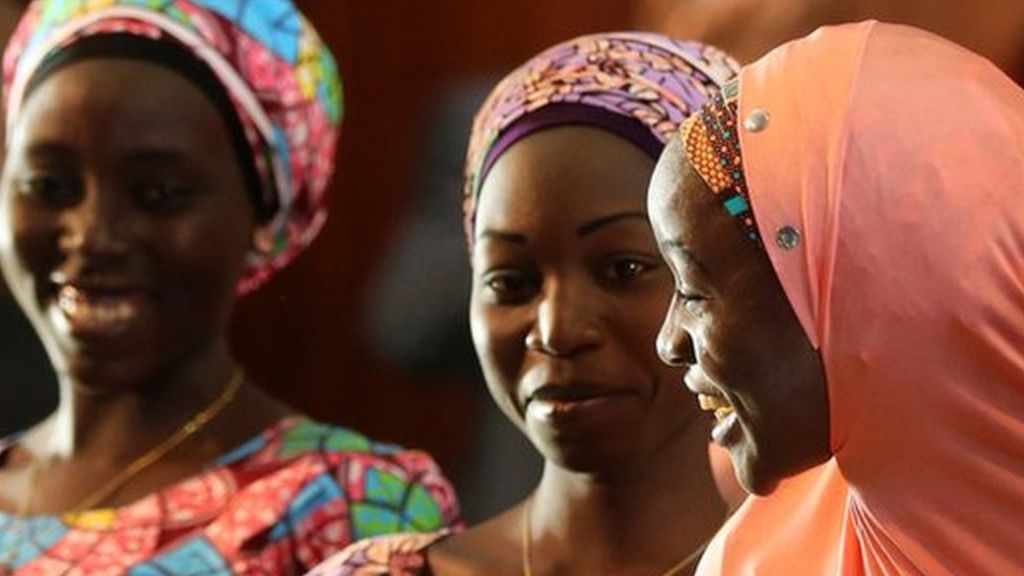Release of Chibok Girls Rekindles Pressure to Free Last 196
ipsnews.net - The Nigerian military announced the rescue of a missing Chibok schoolgirl Saturday, bringing to 23 the number freed since Boko Haram seized 219 girls from a secondary school in the country’s northeast in April 2014.
The latest rescue came about a month after the Islamist group released 21 girls in a deal with the government. Earlier in May, Amina Ali became the first amongst the missing girls to be rescued.
The releases riveted people around the world, and the government has flaunted them as political coups. But they have also rekindled demands from activists campaigning for greater government action for the release of nearly 200 girls still in captivity.
“It’s day 933 of abduction; 197 girls (are) still in captivity under your watch Mr. President @MBuhari. Time to bring them home,” Maureen Kabrik, a member of the BringBackOurGirls group, tweeted to President Muhammadu Buhari days after 21 of the girls were released early October.
The BringBackOurGirls group, set up to publicise the plight of the girls amidst international outrage in 2014, announced it would release on November 14 a report of a six-week monitoring of the government’s effort to rescue the girls.
How to protect the Chibok girls from reliving their horror - BBC News
bbc.co.uk - To enable the 21 recently freed Chibok girls to avoid the stigma usually associated with Boko Haram captivity, a leader of Nigeria's Chibok community has called for them to be sent to the US to continue their education.
But other dangers may await the girls if they travel abroad.
Some of the 57 Chibok girls who managed to escape a few hours after the Islamist militants stormed their school in April 2014 and ferried them away in trucks, are already being educated in the US.
Some of them told me how pleased they are about their former classmates' release. They also considered it a good idea for the 21 girls to move to the US as they did.
"Maybe it will help them forget what they have been through in the past," Patience Bulus said.
"They will not be scared here in America, and they will forget about what happened with them," Kauna Yaga added.
But forgetting is one thing that these Chibok girls were not allowed to do until just a few months ago.
Want to receive earlybird invitations to our global events, custom-tailored content we think you'll love, and get exclusive access to "The World Women Report"?




